
Event overview
Download the paper here:
Innovating in Bio-Based and Climate Tech Solutions
On Oct 6th, Dynamo Energy Hub and Credit Suisse celebrated our Third Annual Cleantech Innovation Whitepaper titled, “Innovating in Bio-Based and Climate Tech Solutions” during Credit Suisse’s 2022 Sustainability Week at their Headquarters in New York. Scott Roose, Managing Director and Head of ESG Financing at Credit Suisse, kickoffed the event with a warm welcome and introduced the expert panelists working on innovative nature-based products and solutions. The speakers included: Stuart Brown, Chief Financial Officer at Inari Agriculture; John Dannan, Managing Director of Waste-to-Value Investments at Generate Upcycle; and Scott McCurdy, Chief Executive Officer at Encino Environmental Services. Their conversation was followed by a fireside chat with Saad Rawra, Managing Director and Head of Climate Tech at Credit Suisse, and Diana Fox Carney, economist, global policy expert and Senior Advisor at Eurasia Group.
Kristin Barbato, Co-Founder & President at Dynamo Energy Hub moderated the panel and began by sharing Dynamo’s mission to be a local convening space and global network for leaders working on the energy transition. Drawing on her experience across roles and sectors ranging from engineering, utilities, corporations, and government to start-ups, she sees a critical need for cross-sector collaboration to solve big challenges and meet climate targets. Kristin aspires for Dynamo’s global hubs to facilitate these interdisciplinary connections.
During the panel discussion, John Dannan from Generate Upcycle shared the company’s role in producing decarbonized products. As a large-scale organic waste processing platform with a fleet of food waste digesters and 13 advanced composting sites, Generate Upcycle’s processes both food waste and human biosolids into energy and high-grade fertilizers. He recognized that the increased consumer demand for decarbonized products is driving corporate behavioral change at the moment. Food and beverage companies, dairies, and municipalities have all shown interest in processing food and bio waste due to the rise in consumer demand. Generate Upcycle’s biggest challenge to growth is building infrastructure fast enough, and getting permits to build new facilities to meet this increased demand.
Dynamo Member, Scott McCurdy of Encino Environmental Services shared examples of their work supporting companies with ESG strategy and implementation by measuring and reducing GHG emissions. Understanding that companies cannot improve what they do not measure, Encino works with a network of technology partners to deploy on-site monitoring technology including satellites, planes, drones, cameras and sensors to measure and create a visual representation of equipment. This high-tech monitoring system is then able to notify equipment operators in case of a GHG emissions leak in order to address the problem quickly.
In response to questions about the current market trends and outlook, McCurdy described ‘chaos’ at the moment, as many organizations and multiple levels of government scramble to develop frameworks for emissions reporting and measurement systems. However, the signing of the Inflation Reduction Act provides a ‘license to do business’ for climatetech solutions and provides an optimistic outlook. The IRA makes money available for emissions monitoring equipment and a methane tax starting in 2024, which will drive greater demand for Encino’s products and services. From his experience, if companies can demonstrate decarbonization then they can charge a premium, and many companies are realizing this opportunity.
Inari Agriculture is a tech company working on the future of seed design to produce less resource-intensive and higher yielding seeds for the agricultural sector. With the agricultural and food sector being the second largest greenhouse gas emitter, Stuart Brown shared that Inari takes its role in reducing emissions very seriously. “We need to make the global food system not only net-zero but nature positive,” Brown said. “To do that, there’s a number of different aspects we need to focus on. For example, synthetic nitrogen makes up 2% of global greenhouse gas emissions. Our ability to reduce nitrogen usage in corn —the largest crop using nitrogen— by 40% has a substantial impact.” Inari also sees the need to create seed diversity faster due to climate change. The typical timeframe for seed design is 8-10 years, and Inari is able to do so in half the time. The recent rise in food insecurity and the limited access to fertilizer due to the war in Ukraine has also sparked a greater interest in seed design technology by the global food ecosystem. Consequently, regulators are embracing new technology in plant breeding practices to grow more efficiently and keep up with population growth going forward. Upward trends and interest in plant-based protein and biofuels are also driving demand.
To conclude, Credit Suisse’s Saad Rawra, led an engaging dialogue with economist and international climate policy expert Diana Fox Carney. She spoke with both optimism and skepticism to the state of global and local climate policy, the implications for finance, and the importance of gaining public buy-in to effectively curb future carbon emissions. “We’re talking about changing the world,” Carney said. “There’s no question in my mind of that, and we’re nowhere near being on the right track. It’s all hands on deck now. There are no silver bullets. Everyone has to play their role.” She recognized that policy has historically failed on the issue of climate change, but she’s seen a positive shift more recently. After years of resistance, all solutions are back on the table for consideration including nuclear energy and geological storage. Interestingly, the current innovators in this space are the big corporations and finance who are open to innovation — a dramatic shift from 5-6 years ago.
The USA’s Inflation Reduction Act has also become a ‘great accelerant’ nationally, and she hopes we can build the proper policy frameworks at every level of government while continuing to build on the synergy between policy and investing. Her biggest frustration is that progress in innovations are often inhibited by governments, giving the example of energy transmission lines that aren’t able to cross state boundaries. She worries that governments aren’t leading, but rather waiting for opportunities to be de-risked before they’ll consider new solutions. Carney stressed the dire need to keep governments honest to execute on their policies. With only seven years left, if we don’t act now, it can be too late.
Please join us at Dynamo’s November event taking place at our Washington DC hub. Register through the link to attend virtually or in person: The Roarin’ 20s: A Clear Path for Clean Energy Innovation
Innovating in Bio-Based and Climate Tech Solutions
Thursday, October 6 2022
11:00 AM EST
New York, NY
Speakers


Scott Roose
Credit Suisse
Managing Director & Head of ESG Financing

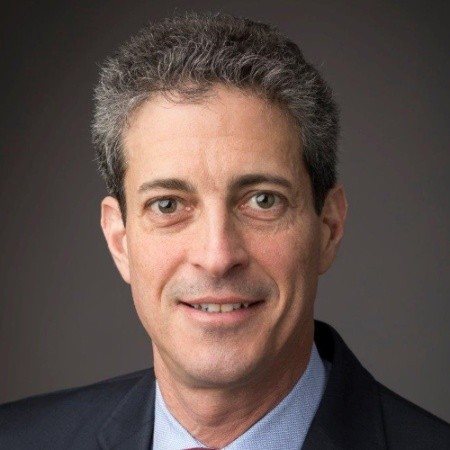
Stuart Brown
Inari Agriculture
Chief Financial Officer

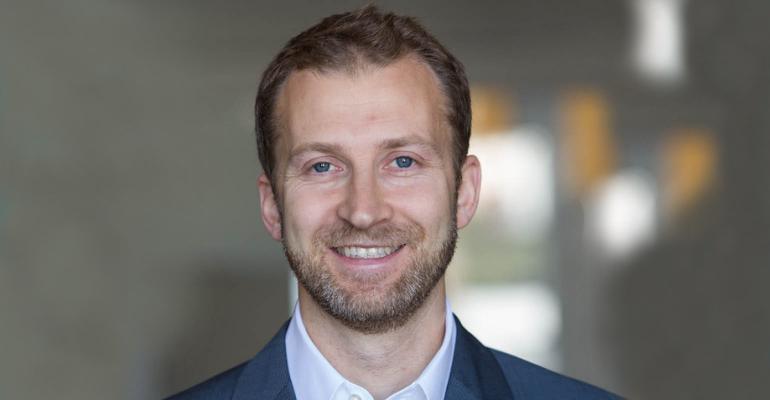
John Dannan
Generate Upcycle
Managing Director of Waste-to-Value Investments

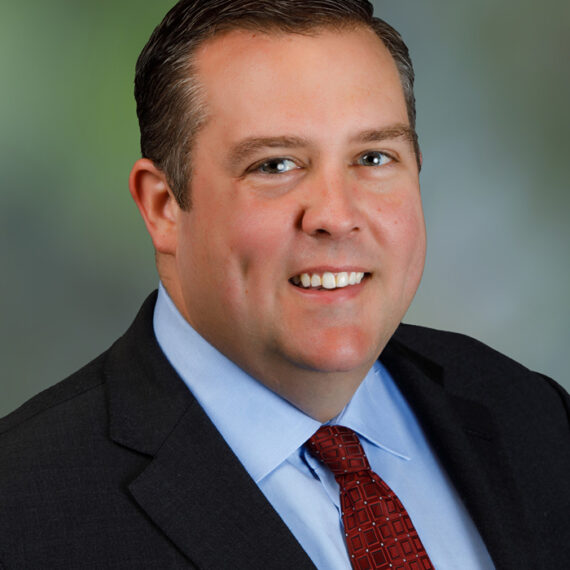
Scott McCurdy
Encino Environmental Services
Chief Executive Officer

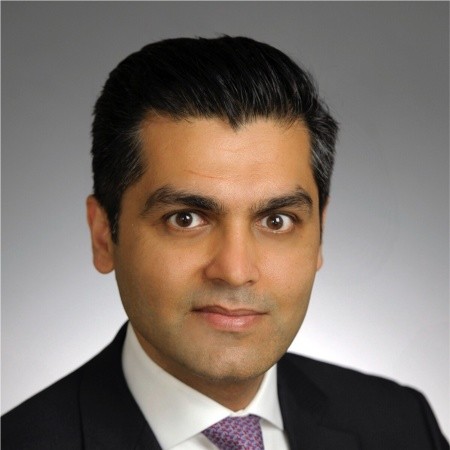
Saad Rawra
Credit Suisse
Managing Director and Head of Climate Tech

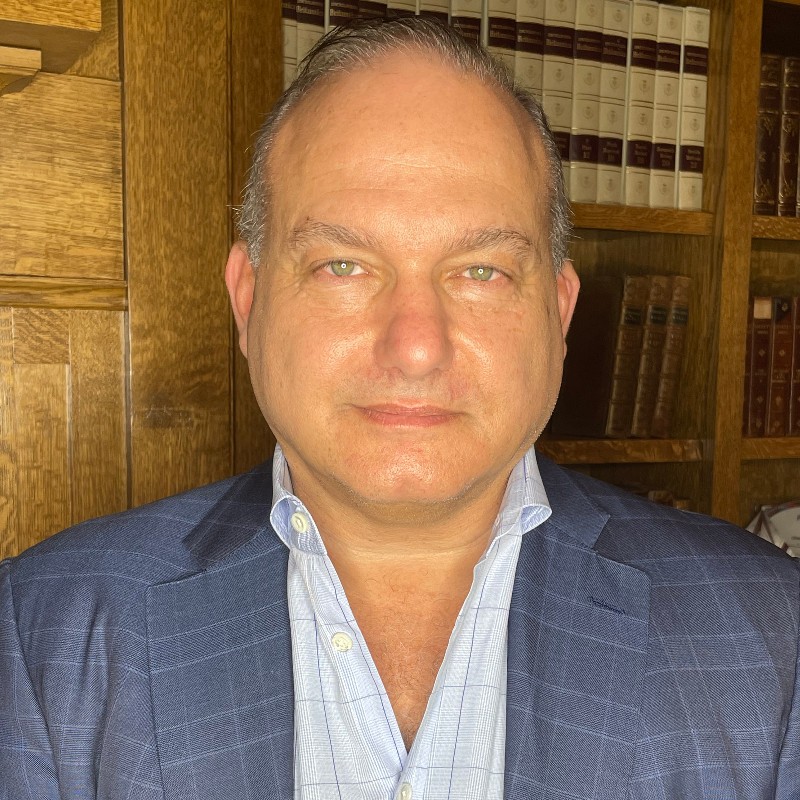
Shawn Kreloff
Bioenergy Devco
Chief Executive Officer

Sponsors

Innovating in Bio-Based and Climate Tech Solutions


